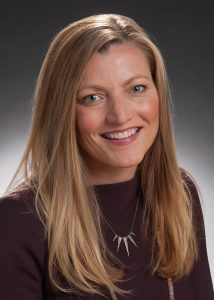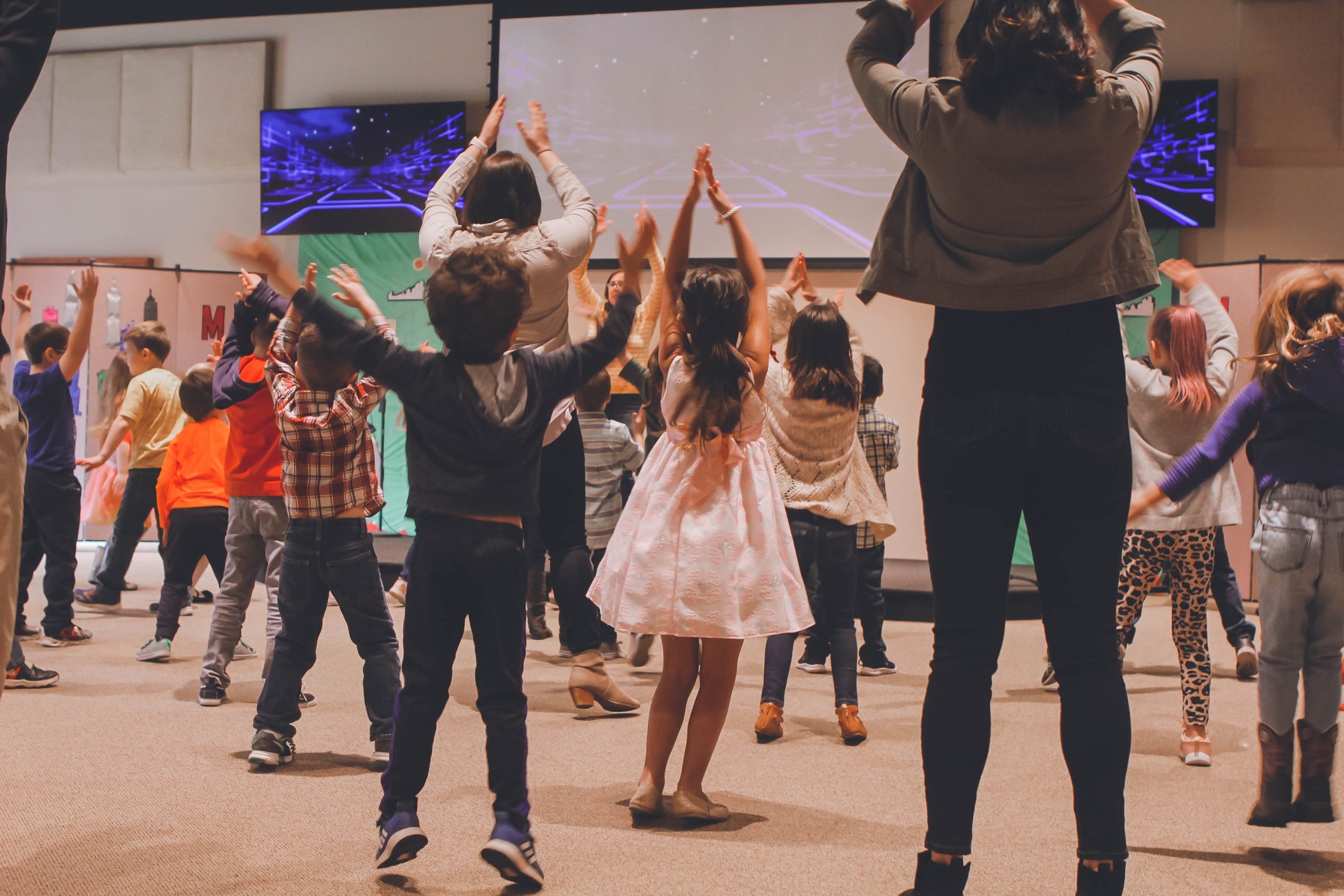
Kristi Gustavson, CEO
Until my tenure at Community Foundation of North Louisiana, an ace was nothing more to me than a suit in a deck of cards. Now when I hear the word ACEs, I associate it with Adverse Childhood Experiences. ACEs are common across all populations. However, some children are more vulnerable to experiencing ACEs because of the social and economic conditions in which they live. The CDC-Kaiser Permanente ACE Study that coined the term is one of the largest scientific investigations of how childhood abuse, neglect and household challenges effect the health and well-being of a child through adulthood.
I read an article in The Atlantic this week entitled The Nuclear Family Was a Mistake by David Brooks. Brooks explores how the family structure has evolved over time and how that evolution has affected both adults and children. According to Brooks, “over the past several decades, the decline of the nuclear family has created an epidemic of trauma—millions have been set adrift because what should have been the most loving and secure relationship in their life broke. Slowly, but with increasing frequency, these drifting individuals are coming together to create forged families.” He encourages us to look to our ancestors and other cultures who create and rely on extended families whether those families are made up of relatives, neighbors, friends or some combination thereof.
When I reflect on my childhood, I realize I hit the lottery in many ways. My parents are highly educated, loving and engaged parents. Their parenting both enriched me and helped me weather and overcome hardships. Growing up as an only child with most of my relatives many states away, I was also lucky to create my own extended family through lifelong friends I made here. In addition to my parents, these friends supported me through my most trying times and celebrated my triumphs. I am forever grateful to my “gaggle” of girlfriends who are my sisters in every way but blood. While no childhood is perfect, the foundation created by my parents, and later my friends, equipped me with the tools I needed not just to survive but to thrive. Sadly, I know many children do not have these pillars of support.
In the 1980’s Dr. Vincent J. Felitti ran an obesity clinic designed for people who were 100 to 600 pounds overweight. He was mystified by the fact that each year from 1980-85 over half of the people in the clinic dropped out despite the fact they were successfully losing weight at the time of drop out. To determine how to better the program, Dr. Felitti and his colleagues began interviewing their patients. They found two things to be a commonality among the overwhelming majority of the patients. The first was that patients were born at a normal weight and generally had not gained weight steadily over time. The second was that almost all interviewed had been sexually abused. Dr. Felitti was shocked. His findings ultimately led to the ACEs study.
The original ACE study surveyed over 17,000 patients to determine how many of the following ACEs patients had experienced as children: 1) physical abuse; 2) sexual abuse; 3) emotional abuse; 4) physical neglect; 5) emotional neglect; 6) exposure to domestic violence; 7) household substance abuse; 8) household mental illness; 9) parental separation or divorce; or 10) incarcerated household member. (To determine your ACE score, simply count how many of the foregoing you experienced as a child.) Seventy-four percent (74%) of the patients studied were white; 39.3% were college graduates, while 35.9% attended some college. The study revealed as the number of ACEs increased so did the patient’s risk for negative health outcomes as an adult. Twenty-six percent (26%) of those surveyed experienced at least one ACE, 15.9% experienced 2 ACEs, 9.5% experienced 3 ACEs, and 12.5% experienced 4 or more ACEs. It also revealed a strong correlation between ACEs and adult health problems. Experiencing 4 or more ACEs is associated with significantly increased risk for 7 out of 10 leading adult causes of death, including heart disease, stroke, cancer, COPD, diabetes, Alzheimers and suicide.
While a strong correlation exists between adverse childhood experiences or toxic stress and adult health problems and even shorter life spans, ACEs are not a death sentence. The good news is, the earlier a child experiencing ACEs or toxic stress is identified, the sooner children and families can be connected to the services they need to prevent or heal the effects. Building resilience in children who have experienced ACEs is key to preventing poor health outcomes. In 2019 the Community Foundation convened approximately 40 pediatricians and hospital administrators to discuss how medical providers might assist in identifying young children and families at risk of experiencing ACEs or toxic stress. The goal is to help families engage existing resources and ultimately reduce the number of children who experience toxic stress or childhood trauma.
A subcommittee of medical providers concluded that assessing the needs of children and their parents or caregivers at young child well and other visits could not only help children heal but also prevent ACEs. Through assessments families can be directed to the community resources they need like food, shelter, behavioral health counseling, quality childcare, or other healthcare and parenting needs. As a community, we can help ensure more children build the resilience they need to thrive. Just as in education, early intervention and assistance is the most effective.
If your business or group is interested in receiving ACEs training, please contact Step Forward: 318.404.1755 or [email protected].
On behalf of CFNLA and the children of our community, a special thank you to the following physicians and providers who participated in the subcommittee.
- Dr. Joseph Bocchini
- Dr. Abbey Carroll
- Dr. Virginia Carter
- Dr. Sheila Farrell
- Yolanda Green, RN
- Dr. Janay McKie
- Dr. Pamela McPherson
- Dr. Gretchen Petterway
- Sister Sharon Rambin
- Dr. Wanda Thomas
This article was written by CFNLA CEO Kristi Gustavson and originally published in the Shreveport Times on February 23, 2020.

